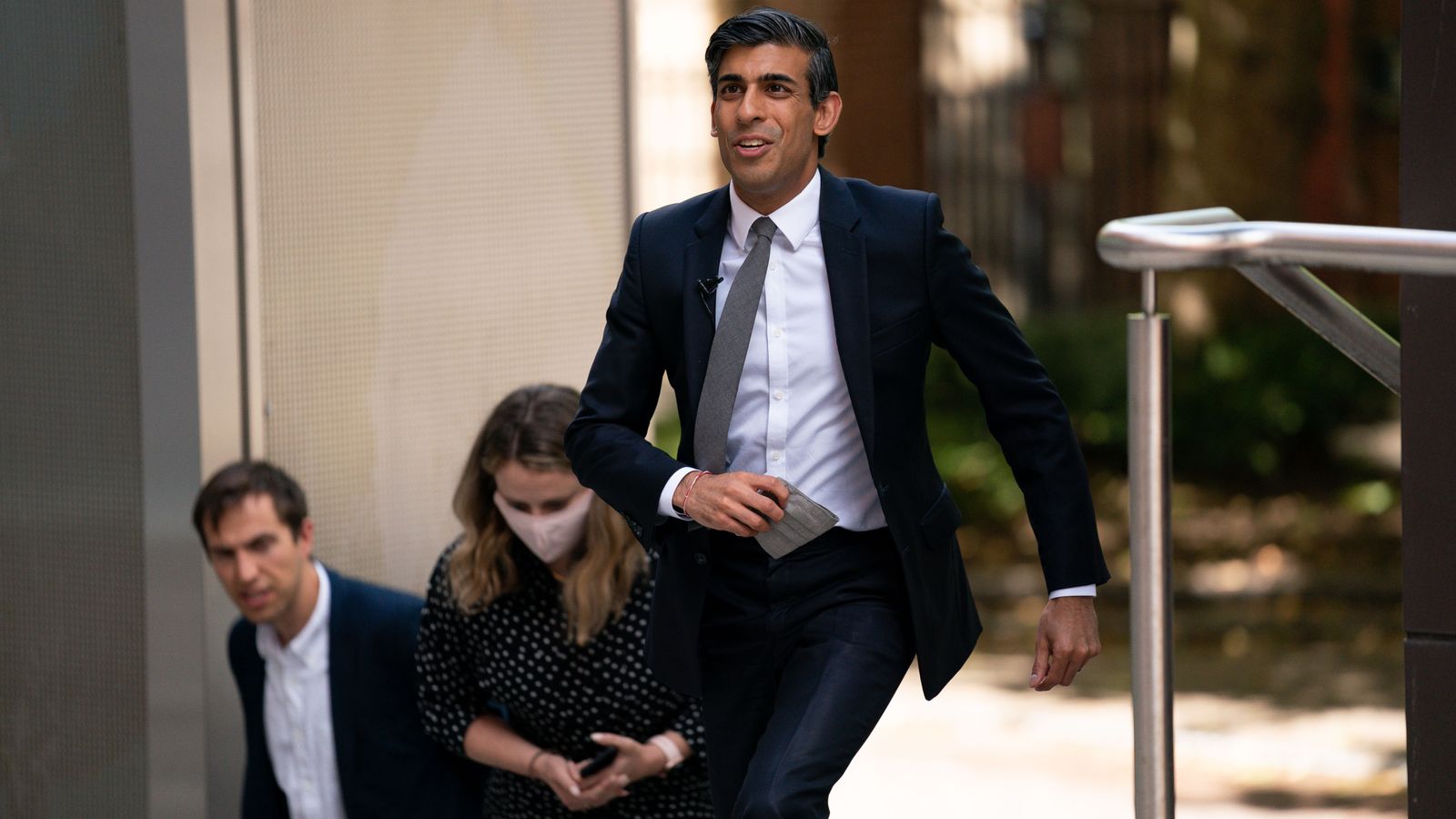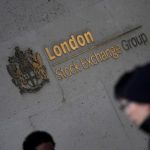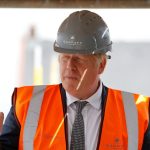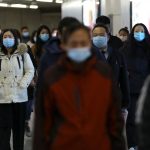The chancellor does have cause for some tentative optimism.
GDP figures for the second quarter of the year showed 4.8% growth in the economy, in line with what economists predicted.
The longed-for COVID recovery is certainly underway and that should be good news to all of us.
But the extent to which it’s “very strong” (to borrow the chancellor’s phrasing), is more debatable, while the months ahead could well be significantly more challenging both economically and politically.
Please use Chrome browser for a more accessible video player
In any normal quarter in any normal year, 4.8% growth would be huge, but the months of April to June were the months of reopening after the strict third lockdown – the base was low and the bounce should have been good.
It’s very likely growth will now steady and slow. The economy is still 4.4% below pre-pandemic levels – closing that gap will be harder than narrowing it.
Rishi Sunak was keen to point out on Thursday that the quarterly figures represent the “fastest growth in the G7 group of countries” and prove that “our plan for jobs is working.”
But it’s not difficult to have the fastest growth rate when you’re recovering from one of the lowest slumps.
In fact, economists at Pantheon Macroeconomics described the UK as “still the straggler in the G7”, with the hardest hit economy for the fifth consecutive quarter.
The reality is the economy still bears many of the scars of the past 18 months.
Some sectors like travel are still labouring under restrictions, consumer confidence is still shaky and there is evidence that pandemic habits are bedding in.
On Wednesday, for example, it was announced that John Lewis will create 500 new warehouse jobs to meet demand, all while cutting down on shop floor and shop floor workers.
Delivery app Deliveroo reported that its orders doubled in the first six months of this year despite restaurants reopening and while more people passed through Heathrow last month than at any other time during the pandemic, the numbers are still 80% down on pre-pandemic levels.
And amid all this, the chancellor has some major policy commitments coming up that he’s going to need to fund; an overhaul in social care, a major backlog in the NHS and meeting our net-zero climate change commitments, to name just a few.
So how are we going to pay for it all if given that borrowing has been at levels not seen since the war, debt is already nearly 100% of GDP and the economy is some way off being fully recovered?
Mr Sunak was very clear one point – there will be no return to austerity
“People are going to see very strong investment in public services” he said, “over the course of this Parliament for context, by the end we will be spending £100bn a year more every year than we did at the beginning.”
But that will be some challenge – meeting our net zero commitments alone will cost an estimated £1.4trn, and while he said the endeavour is to “keep costs low on people”, no-one yet knows how much of this bill the taxpayer will foot.
And then there’s the issue of ensuring the recovery is fair. The pandemic has already hit the poorest hardest, and struggling households learnt just last week that Ofgem, the energy regulator, is raising the price cap on so-called default tariffs by £139 this winter, while fuel prices are at an 8-year high.
Many have called for the temporary uplift of £20 a week in Universal Credit to be continued, but those appeals have, at least for now, been batted away.
“No I don’t think that will help the most,” said the chancellor.
“That temporary uplift was indeed temporary it was the right intervention for that particular part of the crisis that we’ve experienced, but now as the economy is reopening and businesses are hiring again, the right thing to do is to help people find really well-paid jobs.”
There has been some reported tension between Mr Sunak and his boss, not least because Boris Johnson is keen to spend and invest while Mr Sunak is instinctively more cautious.
But, today at least, he was at pains to present a united front, stressing that they were “absolutely united” in delivering on manifesto commitments and investing in public services.
That unity may well become more strained as the autumn sets in and demands on the public purse ramp up.
Most would say that Mr Sunak’s emergency support measures have helped significantly during the pandemic, but putting the fire out may well prove to be much easier than rebuilding after it.






















